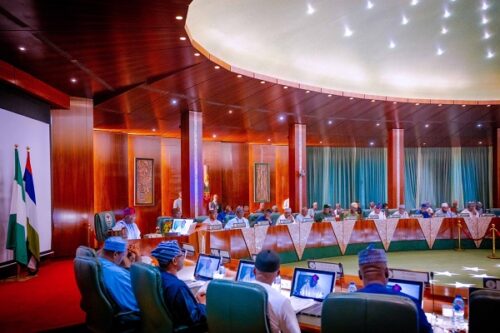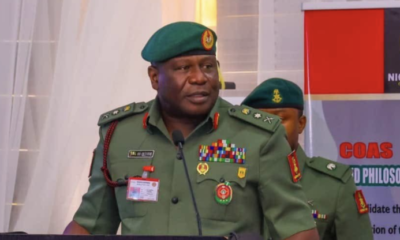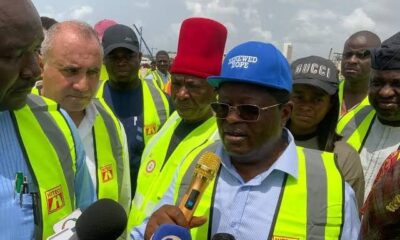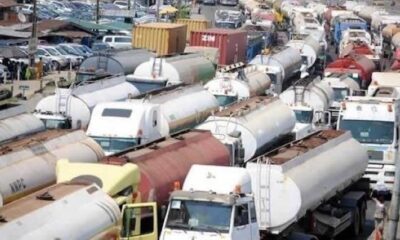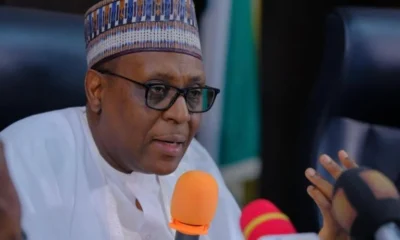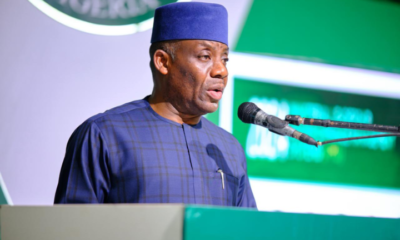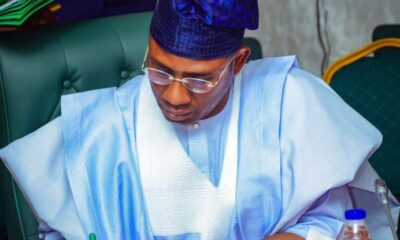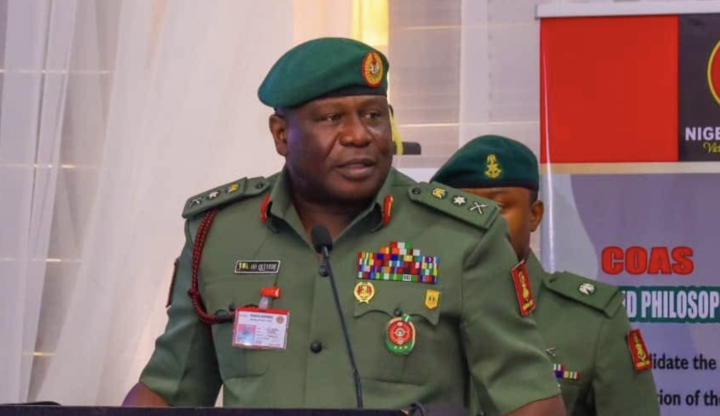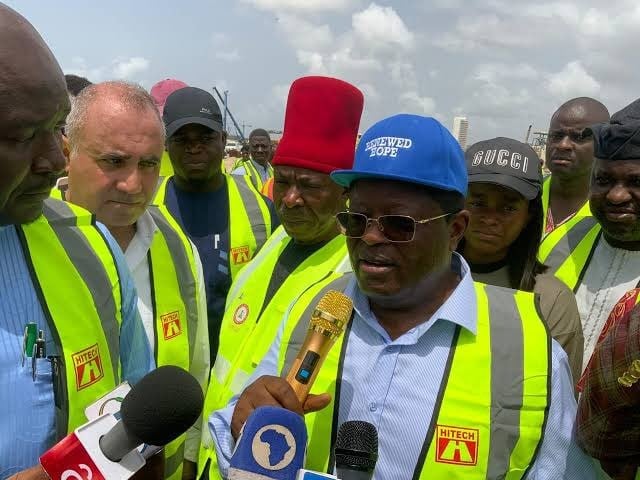Nigeria, along with several other African nations, has been subjected to a 15 percent import tariff following a broad executive directive issued by United States President Donald Trump.
The White House disclosed the updated reciprocal tariff framework on Thursday.
Back in April, Trump had introduced extensive tariffs on various international trade partners, placing a 14 percent duty on Nigeria.
The implementation of these “reciprocal” tariffs was initially delayed for 90 days to allow time for bilateral trade negotiations, with the new deadline set for August 1.
Despite the extensions, most discussions did not lead to any new trade arrangements, prompting the enforcement of higher tariffs as part of Trump’s updated global trade strategy.
Across Africa, the United States was unable to finalize a single trade agreement, despite considerable efforts made by officials from both sides.
While countries explored options to navigate the tariff challenges, Trump also placed travel bans on multiple African nations.
Nigeria was not part of the original list, but was eventually included as the policy developed further.
Yusuf Tuggar, Nigeria’s minister of foreign affairs, mentioned that West African countries had intentions to enhance trade relations with the US but saw the travel bans as a major hindrance.
Here is the breakdown of the revised tariff categories:
10% – Falkland Islands, United Kingdom, and all other nations excluded from the executive order
15% – Afghanistan, Angola, Bolivia, Botswana, Cameroon, Chad, Costa Rica, Côte d’Ivoire, Democratic Republic of the Congo, Ecuador, Equatorial Guinea, Fiji, Ghana, Guyana, Iceland, Israel, Japan, Jordan, Lesotho, Liechtenstein, Madagascar, Malawi, Mauritius, Mozambique, Namibia, Nauru, New Zealand, Nigeria, North Macedonia, Norway, Papua New Guinea, South Korea, Trinidad and Tobago, Turkey, Uganda, Vanuatu, Venezuela, Zambia, Zimbabwe
18% – Nicaragua
19% – Cambodia, Indonesia, Malaysia, Pakistan, Philippines
20% – Bangladesh, Sri Lanka, Thailand, Taiwan, Vietnam
25% – Brunei, India, Kazakhstan, Moldova, Tunisia
30% – Algeria, Bosnia and Herzegovina, Libya, South Africa
35% – Iraq, Serbia
39% – Switzerland
40% – Laos, Myanmar (Burma)
41% – Syria
China, which remains in a prolonged trade dispute with the United States, is still actively negotiating with the Trump administration.
Canada received a 35 percent tariff, while Mexico was hit with several levies including 25 percent on fentanyl, 25 percent on automobiles, and 50 percent on steel, aluminum, and copper, all of which will take effect in 90 days.
Brazil was initially given a 10 percent tariff.
However, an additional 40 percent duty was introduced on Thursday, raising Brazil’s total tariff rate to 50 percent.

 BIG STORY4 days ago
BIG STORY4 days ago
 BIG STORY2 days ago
BIG STORY2 days ago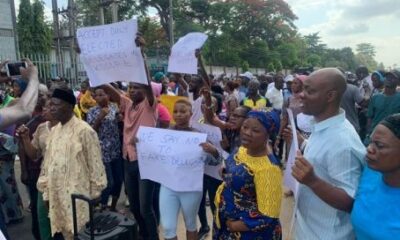
 BIG STORY4 days ago
BIG STORY4 days ago
 BIG STORY4 days ago
BIG STORY4 days ago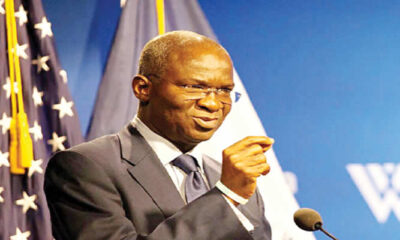
 BIG STORY2 days ago
BIG STORY2 days ago
 BIG STORY3 days ago
BIG STORY3 days ago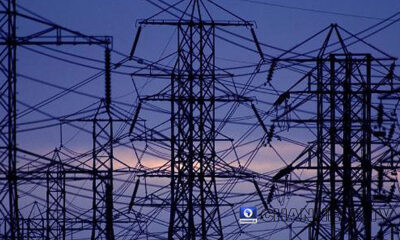
 BIG STORY4 days ago
BIG STORY4 days ago
 BIG STORY23 hours ago
BIG STORY23 hours ago




